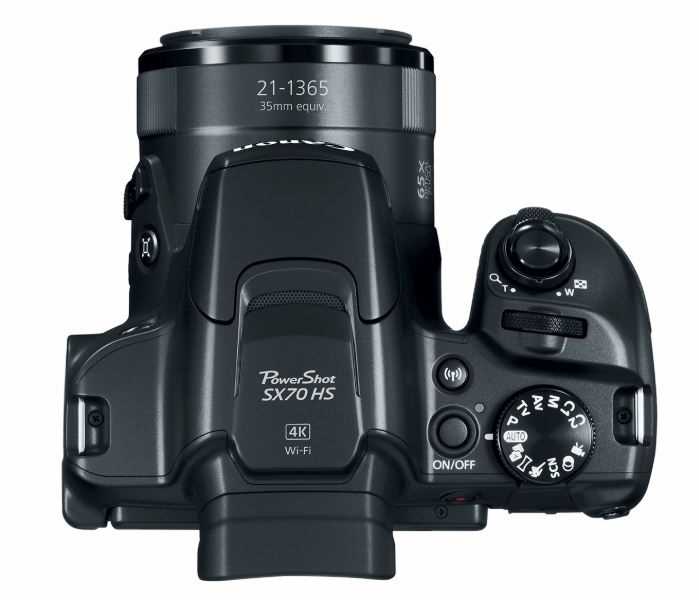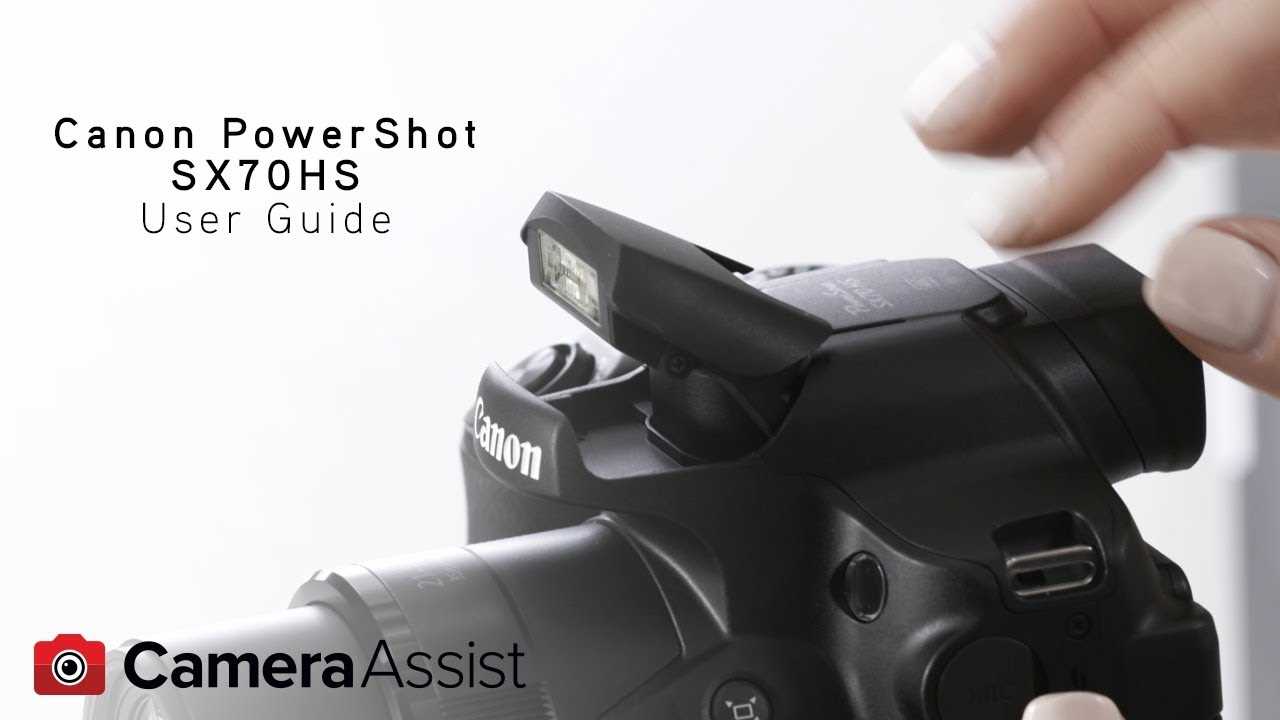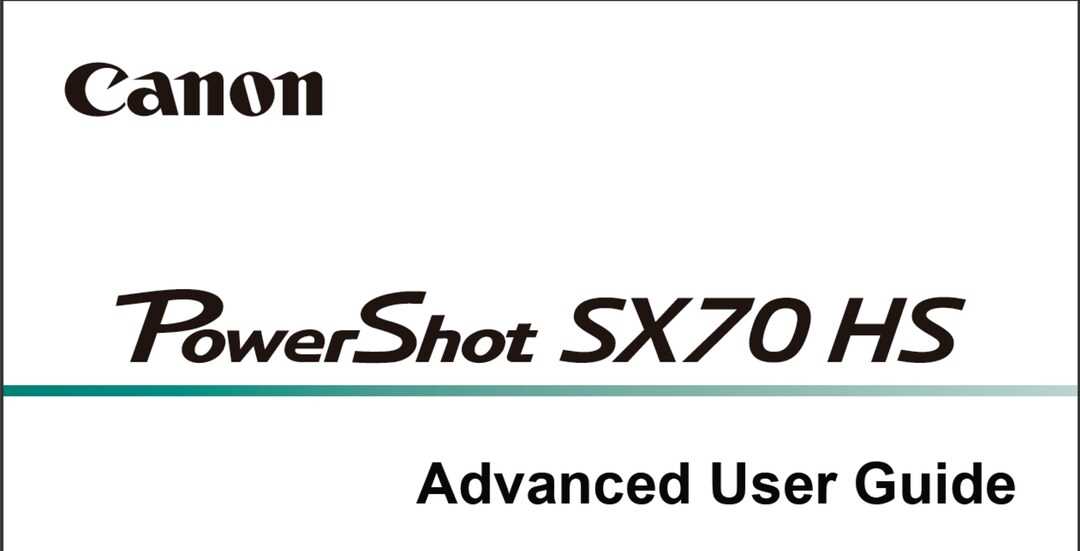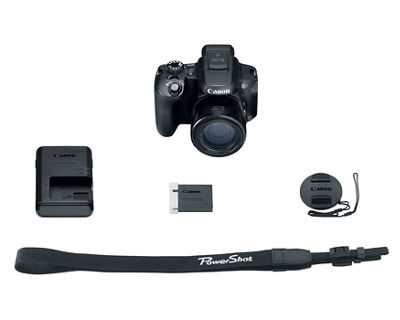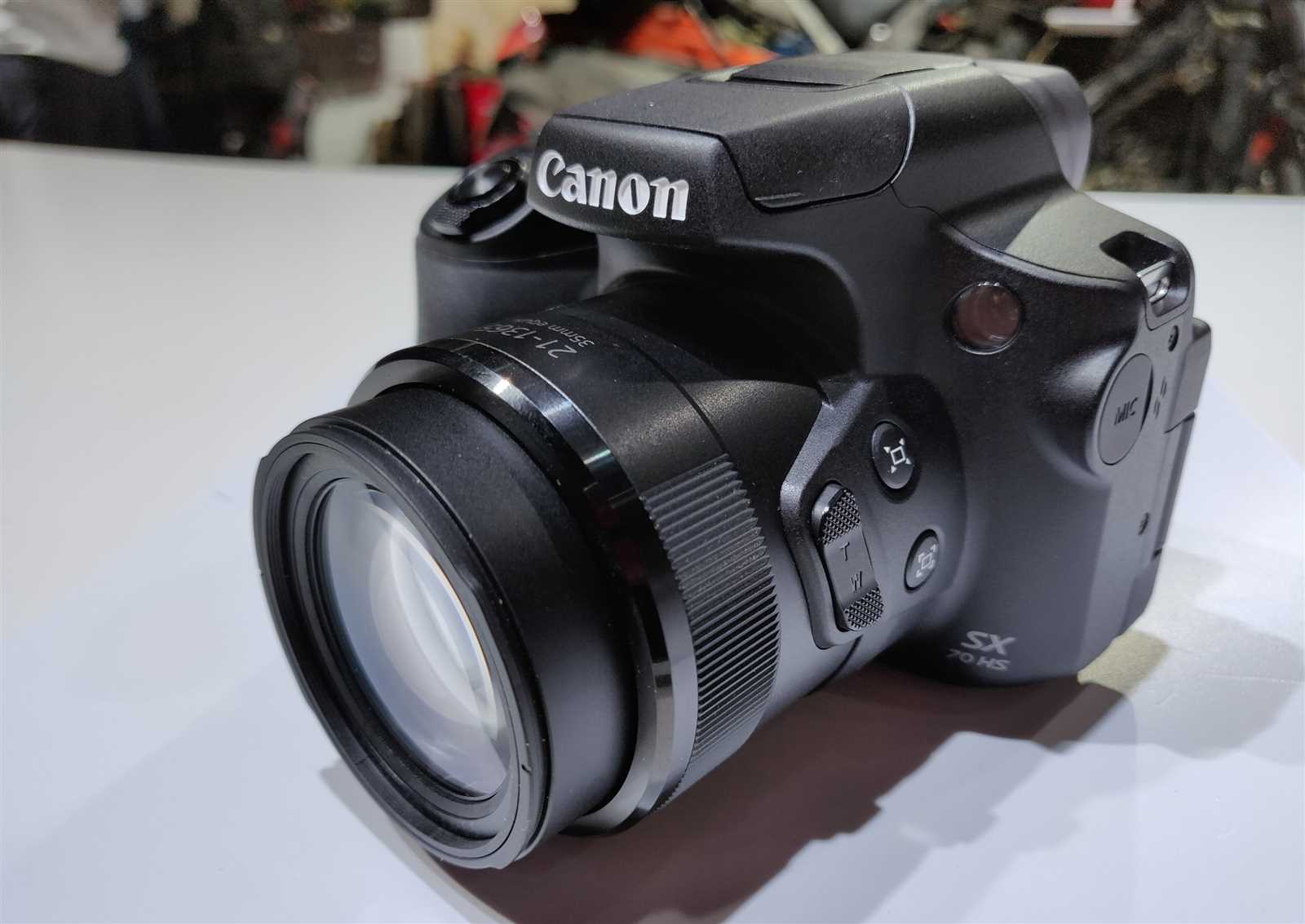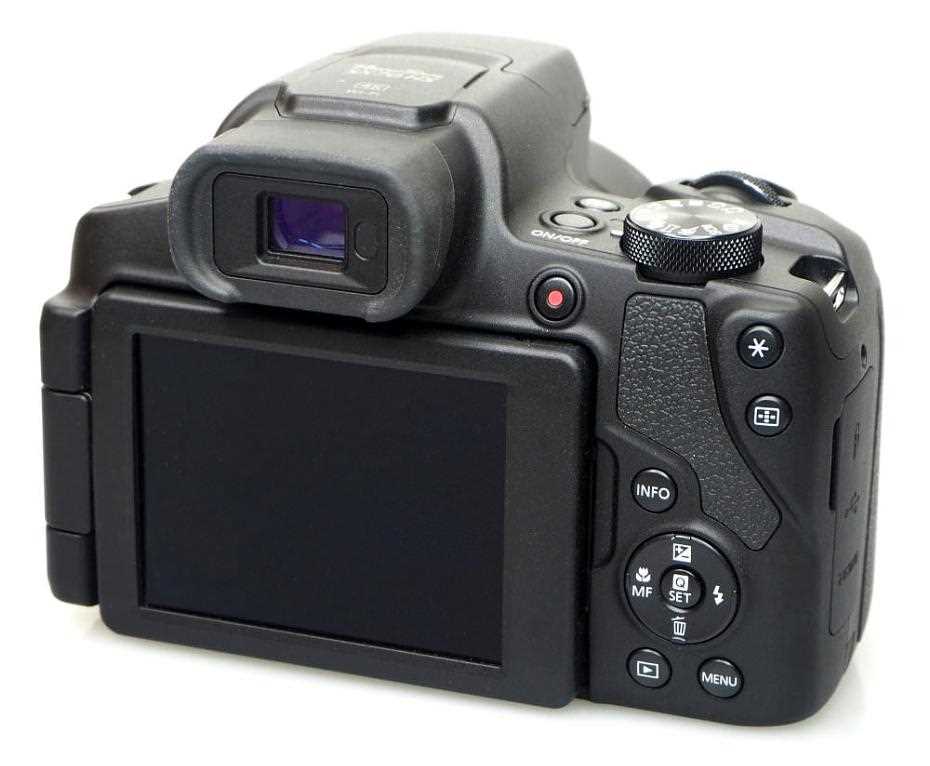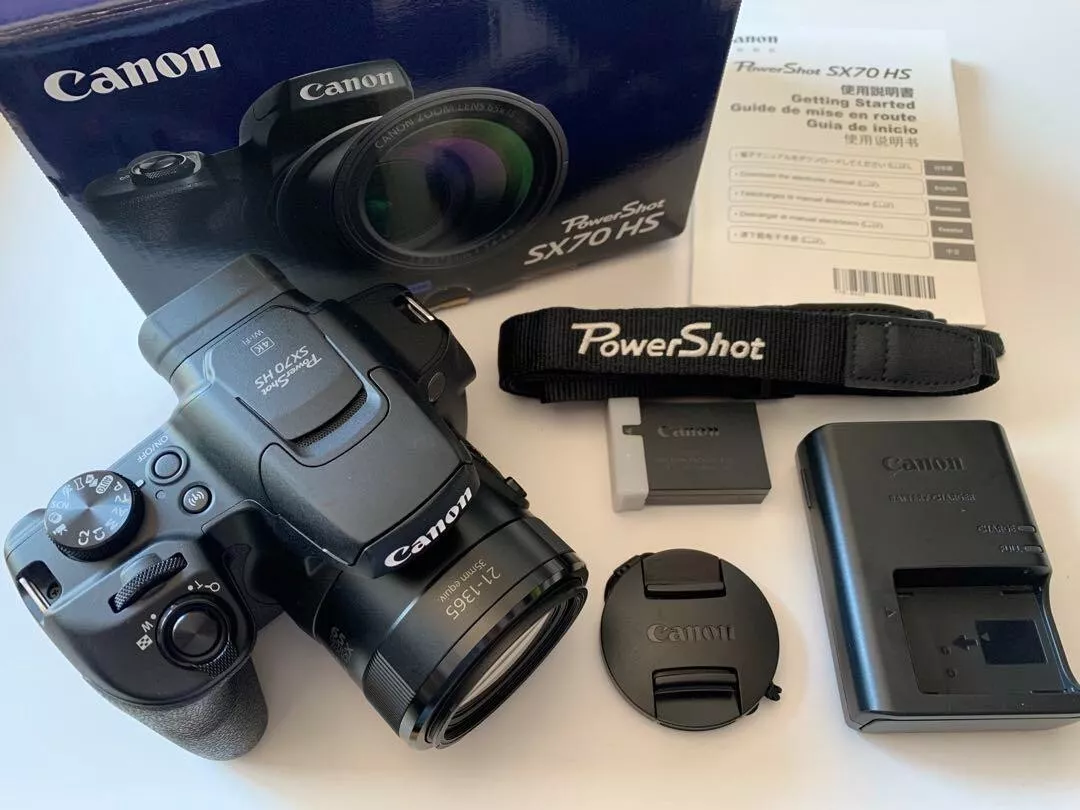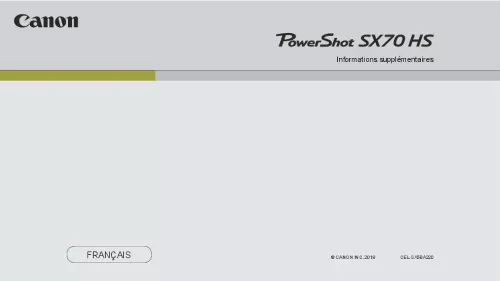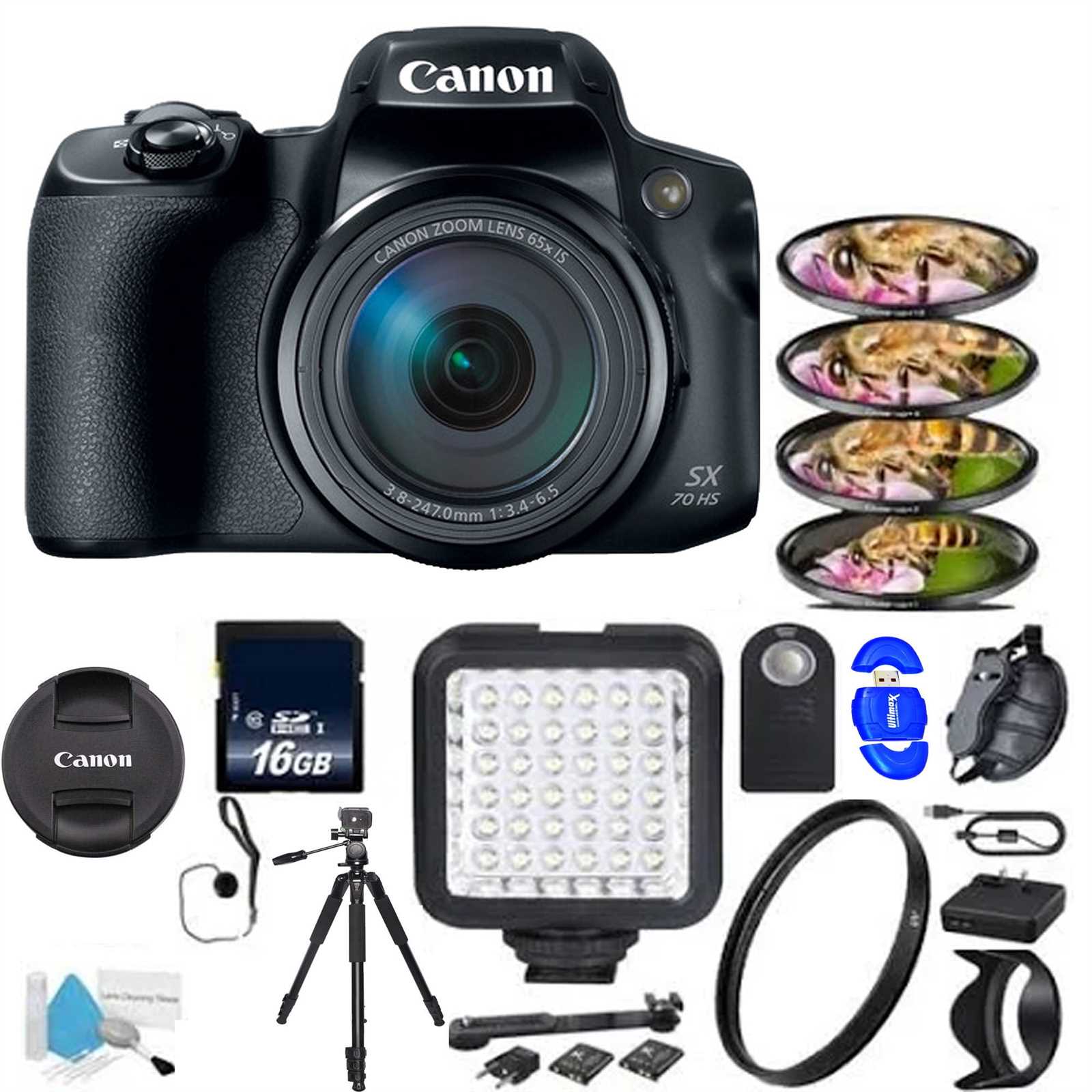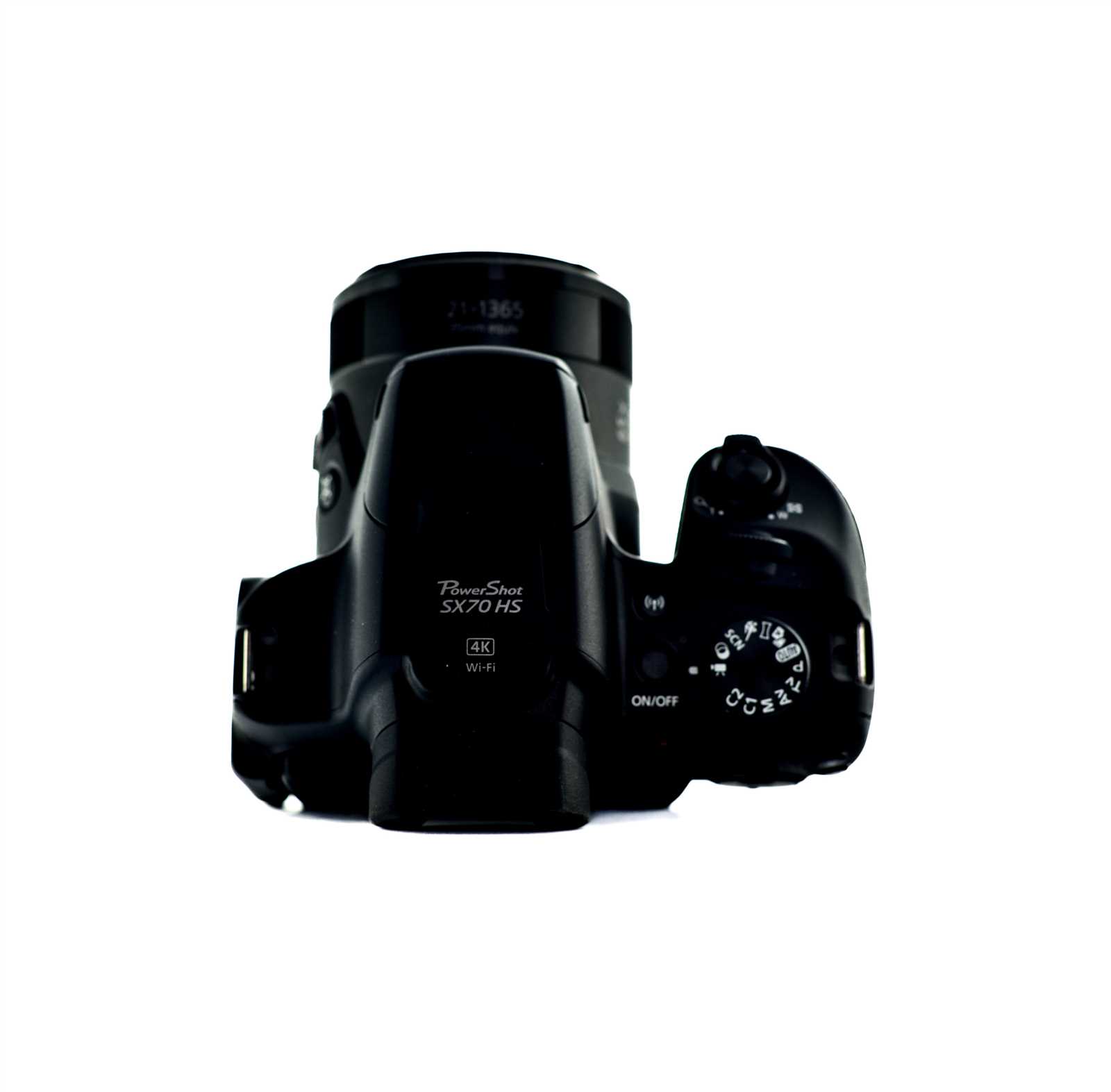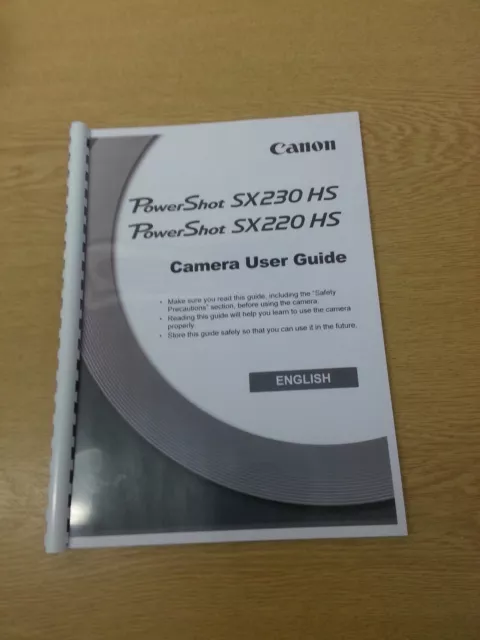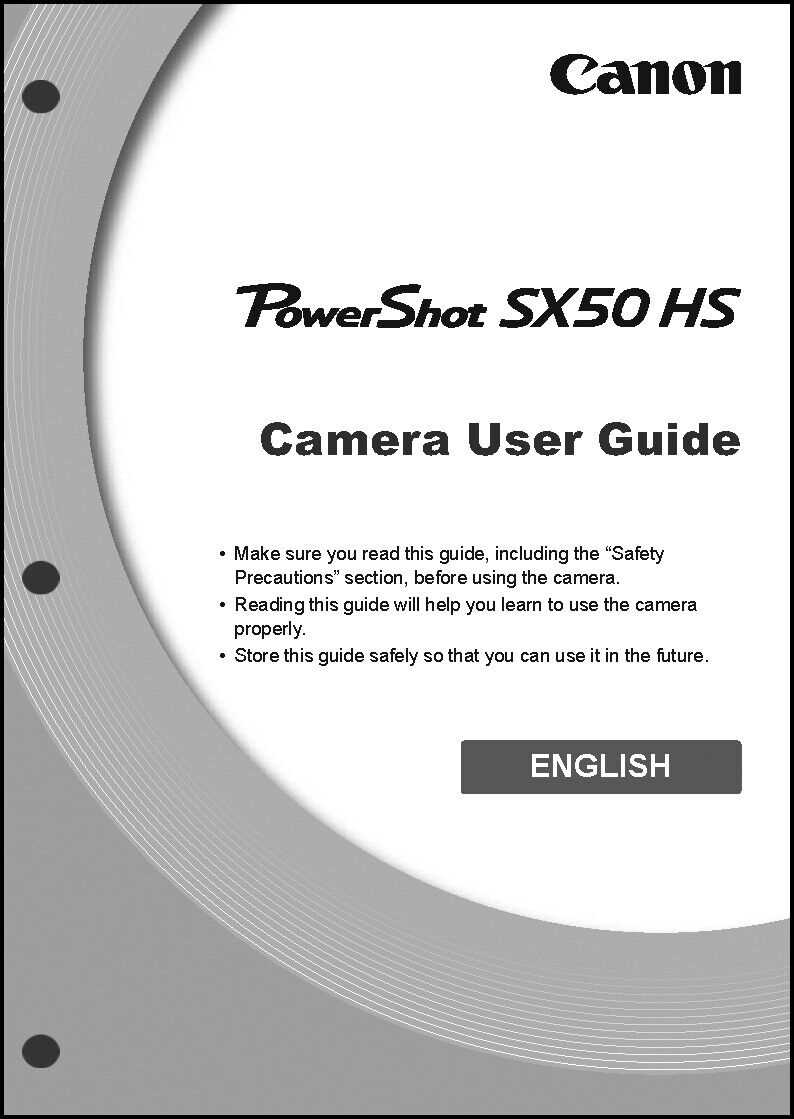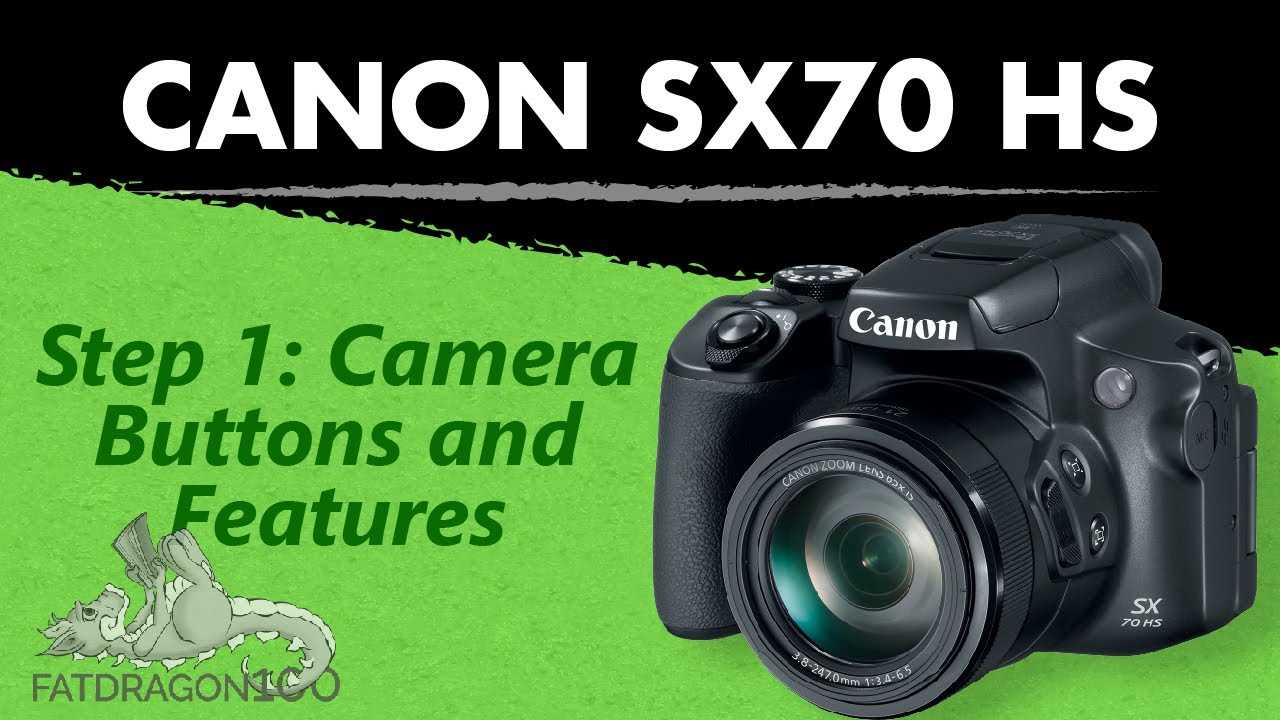
In the world of digital photography, mastering the full potential of your device requires understanding its numerous features and functions. This guide is crafted to help users unlock the advanced capabilities of their high-performance camera. Whether you’re capturing detailed landscapes, fast-moving action, or stunning close-ups, the following information will provide valuable insights on how to get the most out of your equipment.
The guide covers everything from initial setup and basic configurations to more advanced techniques that can elevate your photography experience. By following the recommendations provided here, you’ll learn how to adjust various settings to suit different lighting conditions, shooting modes, and scene requirements. This will enable you to enhance your creativity and achieve professional-quality results.
With an emphasis on practicality and ease of use, this resource aims to simplify the often complex features found in modern cameras. Whether you’re a beginner or an experienced user, this guide will serve as a helpful companion in your journey to capturing perfect moments.
Overview of Key Features and Capabilities
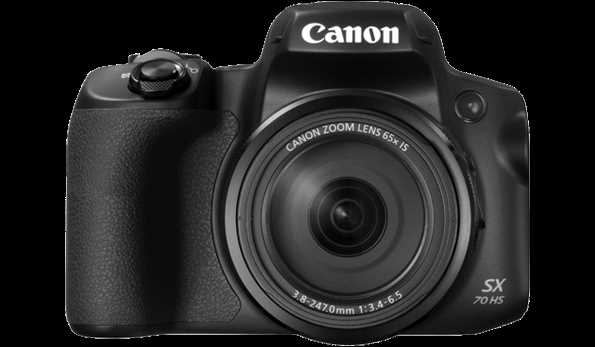
This advanced model offers a wide range of features designed for both casual users and enthusiasts, providing versatility in different shooting scenarios. It integrates cutting-edge technology to deliver high-quality images, while offering ease of use and flexibility.
The device is equipped with a high-performance zoom, excellent for capturing subjects at various distances. The detailed sensor ensures sharp, vivid photos in various lighting conditions. Additionally, the product supports a range of shooting modes, making it suitable for both photography and video recording.
| Feature | Capability | ||||||||||||||||||
|---|---|---|---|---|---|---|---|---|---|---|---|---|---|---|---|---|---|---|---|
| Optical Zoom | Powerful zoom for close-up shots from a distance. | ||||||||||||||||||
| High-Resolution Sensor | Ensures detailed and crisp image quality. | ||||||||||||||||||
| Video Recording | Supports high-definition video with
Initial Setup and Configuration Guide
Before beginning to use your new device, it is important to complete a few essential steps to ensure proper functionality. This section will guide you through the initial setup process, helping you prepare the device for optimal performance. Powering On and Charging To start, make sure the battery is fully charged. Use the provided charging accessories to connect the device to a power source. Wait until the indicator light shows a full charge before proceeding. Basic Settings Configuration Once the device is powered on, you will be prompted to configure basic settings such as language, date, and time. These preferences can be adjusted to your specific needs, allowing for a more personalized experience. Lens and Display Adjustments Next, adjust the lens and display settings to suit your environment. For the lens, you can manually focus or use automatic options to achieve clarity. The display brightness and viewfinder settings can also be optimized for better visibility in different lighting conditions. Final Check Before you start using the device, ensure that all essential settings are Optimizing Camera Settings for Best Results
Achieving the best image quality often requires careful adjustment of various settings on your device. By mastering key configurations, you can capture more vivid colors, sharp details, and improved contrast in your photos, no matter the environment or lighting conditions. Adjusting Exposure for Better Lighting
One essential setting to manage is exposure. Controlling how much light enters the lens allows you to prevent overexposed or underexposed shots. For outdoor scenes, try reducing exposure slightly to avoid washed-out images, while in dim environments, increasing exposure helps brighten the scene. Focusing Techniques for Sharper Images
To ensure crisp, clear photos, consider adjusting the focus settings. Using manual focus can give you more control over specific subjects, while autofocus works best for dynamic or fast-moving scenes. Experimenting with focus modes will help you capture sharper results in various conditions. Incorporating these adjustments into your regular photography routine will significantly enhance the quality of your shots, ensuring every detail is captured with precision. How to Use Advanced Shooting Modes
Understanding and using advanced shooting settings allows for greater creative control over your photography. These modes give you the flexibility to fine-tune various parameters such as exposure, focus, and white balance, helping you capture images with precision and intention. By experimenting with different configurations, you can enhance your skills and achieve professional-level results. Manual Exposure Mode
Manual exposure lets you independently adjust shutter speed, aperture, and ISO sensitivity. This mode is ideal for capturing scenes with challenging lighting conditions, allowing for more dynamic control over the image’s brightness and depth of field. Use this mode to master both light and shadow, especially in situations where automatic settings might fall short. Aperture Priority Mode
In Aperture Priority, you control the aperture size while the camera adjusts the shutter speed for a balanced exposure. This mode is useful when you want to emphasize depth of field, making it perfect for portraits where you want a blurred background or for landscapes where clarity is needed throughout the scene. Maintaining and Cleaning the Camera
Proper maintenance and regular cleaning are essential to ensure the longevity and optimal performance of your device. By taking care of its exterior and internal components, you can avoid potential issues and prolong the life of your equipment. This section provides useful tips for keeping your device in good working order. Exterior Care
To keep the body of your camera in pristine condition, it is important to clean it regularly. Use a soft, lint-free cloth to remove dust and smudges from the surface. Avoid using abrasive materials or cleaning solutions that could damage the finish. Make sure to clean the lens carefully using a microfiber cloth to prevent scratches. Cleaning the Lens and Viewfinder
The lens and viewfinder are the most sensitive parts of the camera and should be cleaned with great care. Use a blower to gently remove dust and small particles, then wipe the lens with a special lens-cleaning cloth. If necessary, use a lens-cleaning solution, but apply it to the cloth rather than directly onto the lens.
|
